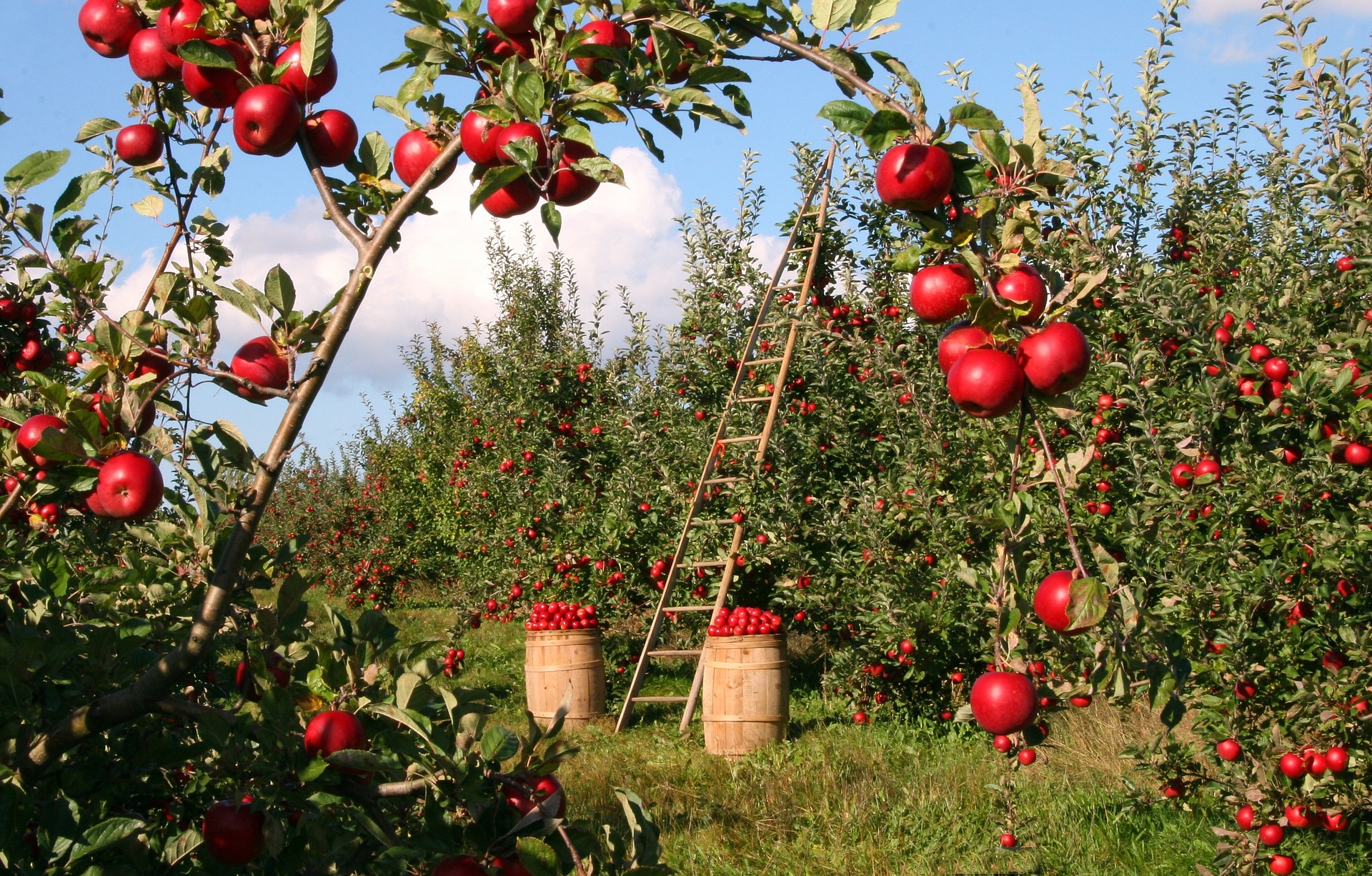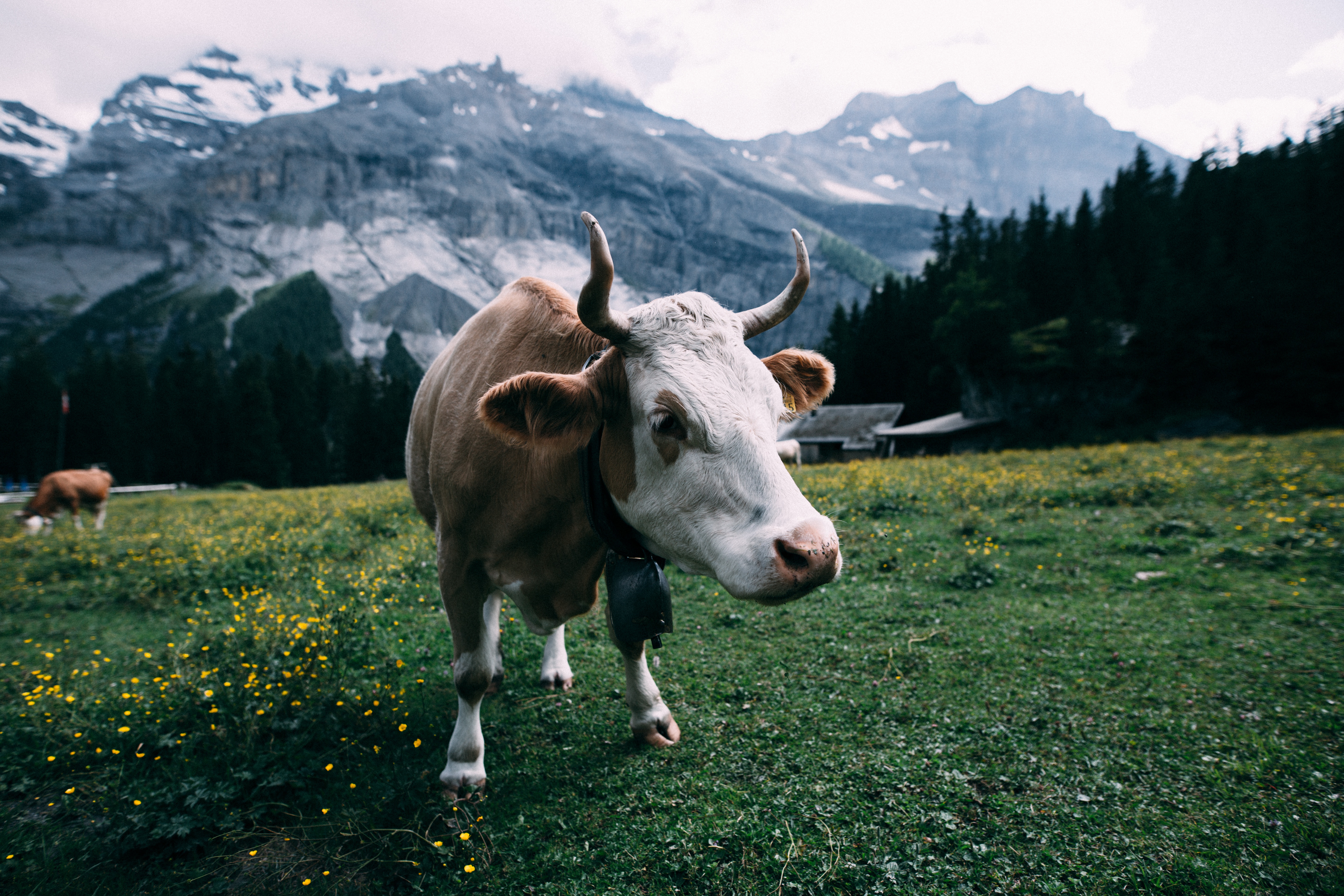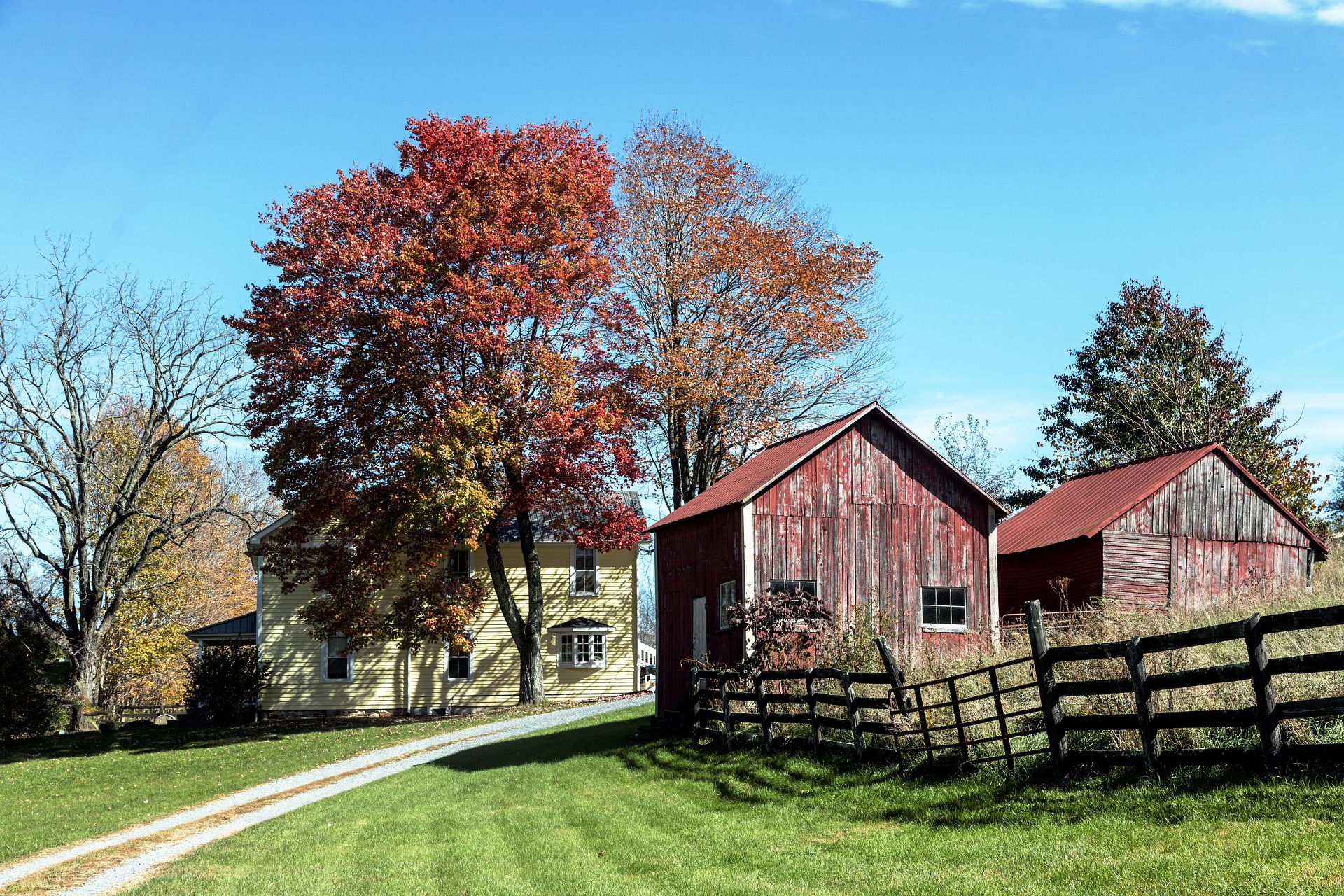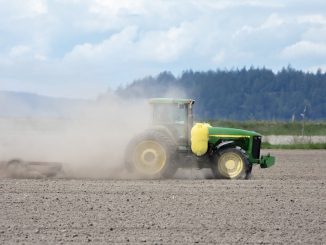
The 2015-2020 CAP in France has fallen short of expectations. Despite novel governance mechanisms, the scheme has been burdened with administrative complexities and delays and has under-performed. Problems include messy internal bureaucracy – especially regarding the regions and Pillar 2; no capping; no small farmers scheme; weak greening; maintenance of historic entitlements; and poor first hectares payments. In the run-up to the upcoming CAP reform, Aurélie Catallo talks through these shortfalls of the current CAP in France.
Like its preceding versions, the CAP 2015-2020 has not provided solutions to the needs of small or diversified farms, nor did it satisfy the demands of civil society. Yet it constitutes a major source of public spending: the 2015-2020 CAP budget in France (co-financing excepted) rises to 9.1 billion euros per year, with 82% for the first pillar. In other words, the second pillar is more than 5 times less funded than the first. Besides this unequal budgetary distribution, the current CAP has shown itself to have some very worrying biases.
Poor Governance
In 2014, the reform of the CAP has in France been accompanied by a new governance scheme: management of the second pillar has been transferred to regional councils. French regions have been merged, from 22 to just 13. This means that if the decentralisation of CAP governance is indeed a better adaptation to the realities of each production sector, these expected benefits have been lost in the merging. Furthermore, transfer of the management authority has been decided without the regional institutions having been properly prepared to take it up, neither in terms of competences nor in terms of human resources. From one day to the next, regional councils have found themselves having to design the rural development programmes, a task requiring much technical knowledge, without any transition period or time to get themselves ready.
At the same time, and alongside that decentralization process, France has made the decision to maintain a national lens, with the aim of guaranteeing territorial equality to the beneficiaries of the CAP’s second pillar. That frame has forced the implementation of certain measures and eligibility criteria on regional councils. However, nothing was employed to prevent disparities in the financing of the same measure between regions. Unfortunately, the first victims of that situation were the farmers that had signed up for schemes such as maintenance of organic farming or pro-environmental measures.

Unprecedented administrative complexity and delays
Furthermore, France has performed very poorly in the treatment of the farmers’ documents and the management of their payments calendar, resulting in significant delays and uncertainty of payment. This has been coupled with a constant changing of the eligibility criteria and financing levels. The payment of the 2015 documents still isn’t finished! Even the direct subsidies have been paid year-to-year through cash advances before the files had been entirely dealt with, at times requiring farmers to refund. The example of the eligibility of non-herbaceous pastures for CAP payments speaks for itself: it is still under discussion whether or not predominantly ligneous permanent pastures are considered eligible or not. Yet they are essential to French shepherds, whose cattle graze in zones where trees and bushes are naturally present, and not on artificial, green and flat grasslands. It is thus thousands of French farmers that currently find themselves in total uncertainty as to their eligibility for CAP subsidies, and hence a possible economic balance or imbalance… All those governance problems work as deterrents and cause discouragement among farmers, be it to subscribe to optional measures or even to pursue any agricultural activity.

It is not all Europe’s fault!
Lastly, France has on several occasions blamed the European Commission, or other EU member states, for problems and failures in the implementation of the CAP. Yet many decisions were in fact its own, and it is France itself, through its decision not to take advantage of subsidiarity as with other member states, that has slowed down the improvement of some of the CAP’s schemes. Instances of this include:
1. No capping
In France there is no cap for subsidies that a single farm or farmer may receive. That situation causes unwarranted earnings and an incentive to enlarge businesses. The phenomenon is all the more detrimental in mountain zones, where the current CAP has caused a desire for farm enlargement that did not exist before (since the value of basic payments there has been revalued).

2. No small farmers scheme
France has chosen not to launch a small farmers scheme; yet it is one that would have spared many of small farmers the burden of administrative constraints and lengthy eligibility processes. Additionally, small farms must reach given production levels or surface thresholds to be eligible to subsidies.
3. Greening rules
Greening, as voted at the European level, already had nothing green beyond the name. Still, France has not enhanced its ecological ambitions, on the contrary. It has, for instance, put in place an equivalence scheme for crop diversification for maize monoculture. This allows French farmers to grow maize in monocrop provided they have winter cover on all of their land. It has also allowed pesticide use on ecological focus areas.
4. Continued use of historical data determining the value of basic payments entitlements
As opposed to what was done in Germany or to the Single Area Payment Scheme Poland has put in force, the French government has not had the courage to leave behind the historical data defining the value of basic payments entitlements. It chose a light version of internal convergence (similar to the external convergence existing between member states). The gap between the well off and the most disadvantaged parcels will indeed decrease until 2020, but we still cannot expect to reach a single amount for all farms by the end of the period.
5. No maximum percentage allowed for certain schemes (notably, the redistributive payment)
Those who have followed the negotiations for the current CAP know that the launching of the redistributive payment has been the main goal of the previous French minister for agriculture, Stéphane Le Foll. Yet he did not even himself use that tool to its full potential! In France, the support allocation for the 52 first hectares is only raised by 10%, when 30% are allowed on the European level.
In short, the combination of both European and French strategic mistakes on the definition of the CAP or its implementation has, yet again, contributed to damaging the image of the CAP in the eyes of its beneficiaries and those of citizens. The 2015 reform has not restored its legitimacy, nor its understand-ability. Neither has CAP governance been opened to democratic participation, as demanded by civil society: this policy remains opaque and incomprehensible to the vast majority of French citizens. It is all the more essential for the next reform to tackle these issues, restoring both the CAP’s image and its meaning. Should the reform fail to do so, the CAP may well lose all of its remaining raison d’être in the eyes of the French tax-payers, and any interest in those of its beneficiaries.
For more on France see
State-Sanctioned Agroecological Transition? The State of Food in France





